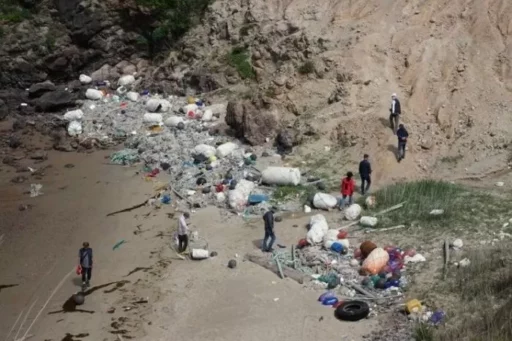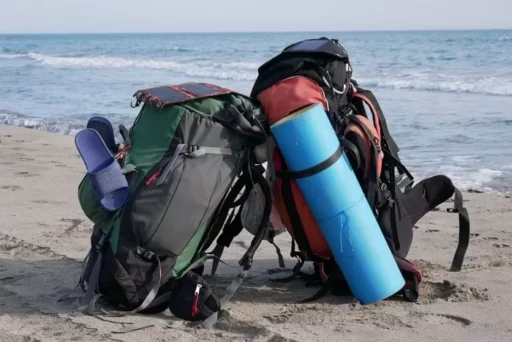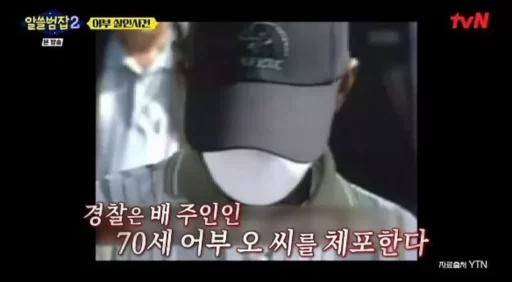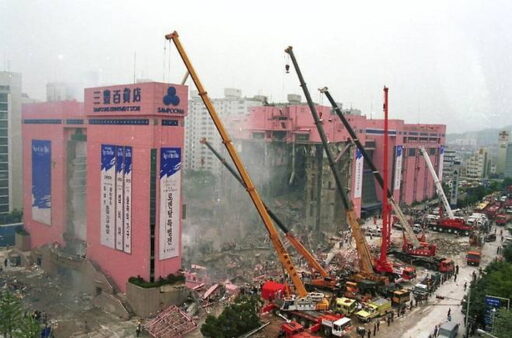Incheon Gul-eopdo, a 'backpacking sanctuary', has become a 'trash island' due to waste left behind by tourists.
On the 25th, the Incheon Environmental Movement Alliance stated, "As a result of monitoring conducted on the 21st and 22nd in Ongjin County's Gul-eopdo, large amounts of trash were found in various places on the sandy beach and coastal dunes."
They continued by reporting that abandoned waste materials including 'abandoned fishing gear, Styrofoam boxes, and plastic containers' were left buried in the sand around Mokgimi Beach and the Elephant Rock area.

The alliance lamented that illegal structures built on Gul-eop Beach are accelerating ecological destruction, with various litter discarded by tourists being discovered in large quantities along the Gae-Muhari Ridge.
They pointed out, "Gul-eopdo, known as a sanctuary for backpackers, has become a polluted area filled with plastic waste due to a lack of awareness and preparation," indicating that plants are disappearing due to waste dominating the coastal dunes and shelterbelts.
The alliance attributed the litter covering Gul-eopdo in part to Incheon's policy of lowering passenger boat fares.

Currently, Incheon is implementing the 'Sea i-Pass' program, allowing any citizen of Incheon to visit all islands in the region for 1,500 won to address accessibility issues due to high fare burdens.
They assert that this fare reduction policy has encouraged 'overtourism', consequently exacerbating marine litter problems.
In particular, the alliance emphasized the need for environmental education aimed at tourists, stating, "We must thoroughly examine the status of damage to the coastal dunes and shelterbelts and diligently collect the trash left on the beach."

Image source: Gul-eopdo covered in trash / Photo provided by the Incheon Environmental Movement Alliance, material photo for understanding the article / Getty Images Bank, Photo provided by Incheon Metropolitan City


